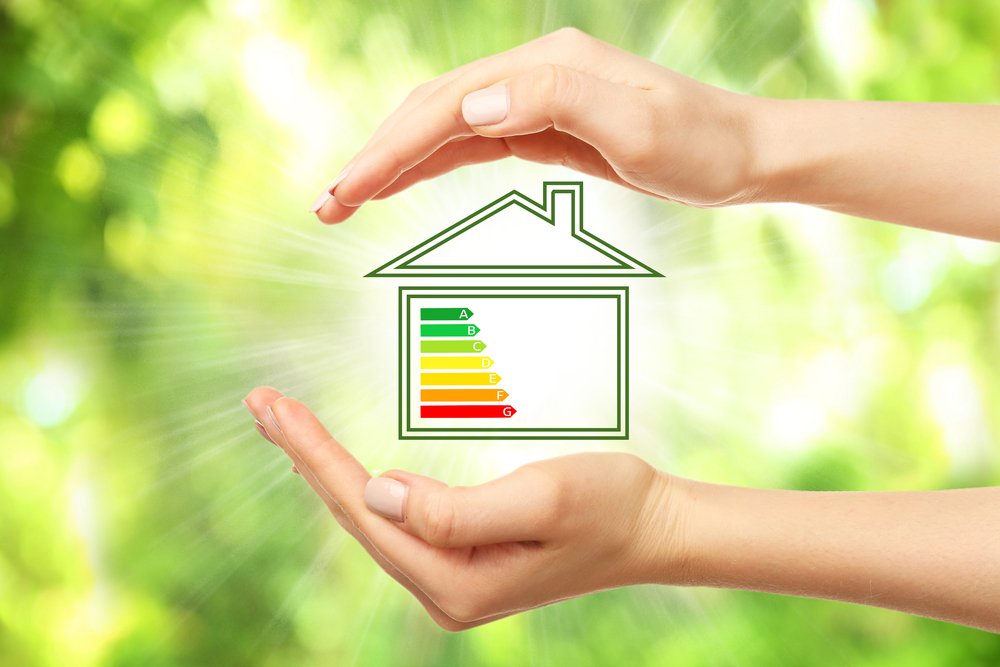
In an era of increasing environmental consciousness, prioritizing house energy efficiency has become paramount. By adopting energy-saving measures and utilizing innovative technologies, homeowners can significantly reduce their carbon footprint, lower utility bills, and contribute to a more sustainable future. In this comprehensive guide, we will explore the importance of energy efficiency for your house and discover practical ways to optimize energy consumption while maintaining comfort and functionality.
1. Understanding Energy Efficiency
Energy efficiency refers to the ability to achieve the desired level of performance while minimizing energy consumption. It involves optimizing energy use to reduce waste and maximize output. When applied to houses, energy efficiency aims to minimize energy losses and ensure that energy is used efficiently for heating, cooling, lighting, appliances, and other household needs.
2. Benefits of Energy Efficiency
Embracing energy efficiency in your house offers a wide range of benefits, including:
- Cost Savings: Improving energy efficiency can lead to substantial cost savings over time. By reducing energy consumption, homeowners can significantly lower their utility bills, freeing up funds for other purposes.
- Environmental Impact: Energy-efficient houses have a reduced carbon footprint, as they require less energy from fossil fuel sources. By decreasing greenhouse gas emissions, energy-efficient homes contribute to mitigating climate change and preserving the environment for future generations.
- Enhanced Comfort: Energy-efficient homes are better equipped to maintain consistent indoor temperatures and improve overall comfort. Effective insulation, high-performance windows, and efficient heating and cooling systems ensure a comfortable living environment year-round.
- Durability: Energy-efficient homes are often constructed with durable materials and designed to withstand various weather conditions. This resilience reduces maintenance and repair costs, leading to long-term savings.
3. Key Areas of Energy Efficiency
To maximize energy efficiency in your house, it is essential to address key areas that contribute to energy consumption. Let’s explore these areas and discover practical ways to enhance energy efficiency:
- Insulation: Proper insulation is crucial for minimizing heat transfer between the interior and exterior of your house. Insulating walls, roofs, floors, and attics can prevent heat loss during colder months and reduce heat gain in warmer months. This helps to maintain comfortable indoor temperatures and reduces the workload on heating and cooling systems.
- Windows and Doors: Upgrading to energy-efficient windows and doors can significantly improve insulation and reduce air leakage. Look for windows and doors with low-emissivity (low-E) coatings and insulated frames to enhance thermal performance.
- Heating and Cooling Systems: The heating and cooling systems in your house account for a significant portion of energy consumption. Consider upgrading to energy-efficient models with high Seasonal Energy Efficiency Ratio (SEER) and Annual Fuel Utilization Efficiency (AFUE) ratings. Regular maintenance, such as cleaning or replacing filters, can also improve the efficiency of these systems.
- Appliances and Lighting: Energy-efficient appliances and lighting options can make a substantial difference in overall energy consumption. Look for appliances with ENERGY STAR® ratings, which indicate superior energy efficiency. LED lighting, with its low energy consumption and long lifespan, is an excellent choice for reducing electricity usage.
- Water Heating: Water heating is another area where energy efficiency can be improved. Insulating hot water pipes, using low-flow fixtures, and installing energy-efficient water heaters, such as tankless or heat pump models, can reduce water heating costs.
- Smart Energy Management: Embracing smart energy management systems allows homeowners to monitor and optimize energy consumption. Smart thermostats, energy monitoring devices, and home automation systems enable precise control over energy use, ensuring efficient operation and avoiding unnecessary waste.
4. Beyond the House: Energy Efficiency in Daily Practices
In addition to optimizing the physical aspects of your house, simple daily practices can further enhance energy efficiency:
- Conservation Awareness: Encouraging family members to be mindful of energy consumption can make a significant impact. Turning off lights and appliances when not in use, using natural lighting whenever possible, and adjusting thermostats to appropriate levels are simple practices that contribute to energy efficiency.
- Efficient Water Usage: Conserving water not only reduces water bills but also minimizes energy consumption associated with water treatment and distribution. Shorter showers, fixing leaky faucets promptly, and using water-efficient appliances can significantly improve water and energy efficiency.
- Renewable Energy Sources: Exploring renewable energy sources, such as solar power, offers an opportunity to generate clean energy for your house. Installing solar panels allows you to generate electricity while reducing reliance on traditional energy sources.
Conclusion
Prioritizing energy efficiency in your house is a step towards a more sustainable and environmentally conscious future. By optimizing insulation, upgrading to energy-efficient systems, embracing smart energy management, and adopting energy-saving practices, homeowners can reduce energy consumption, lower utility bills, and minimize their carbon footprint. Embracing energy efficiency is not only beneficial for the environment but also enhances comfort, reduces maintenance costs, and contributes to long-term savings. Take the initiative to maximize energy efficiency in your house today, and be a part of the movement towards a greener and more sustainable world.
